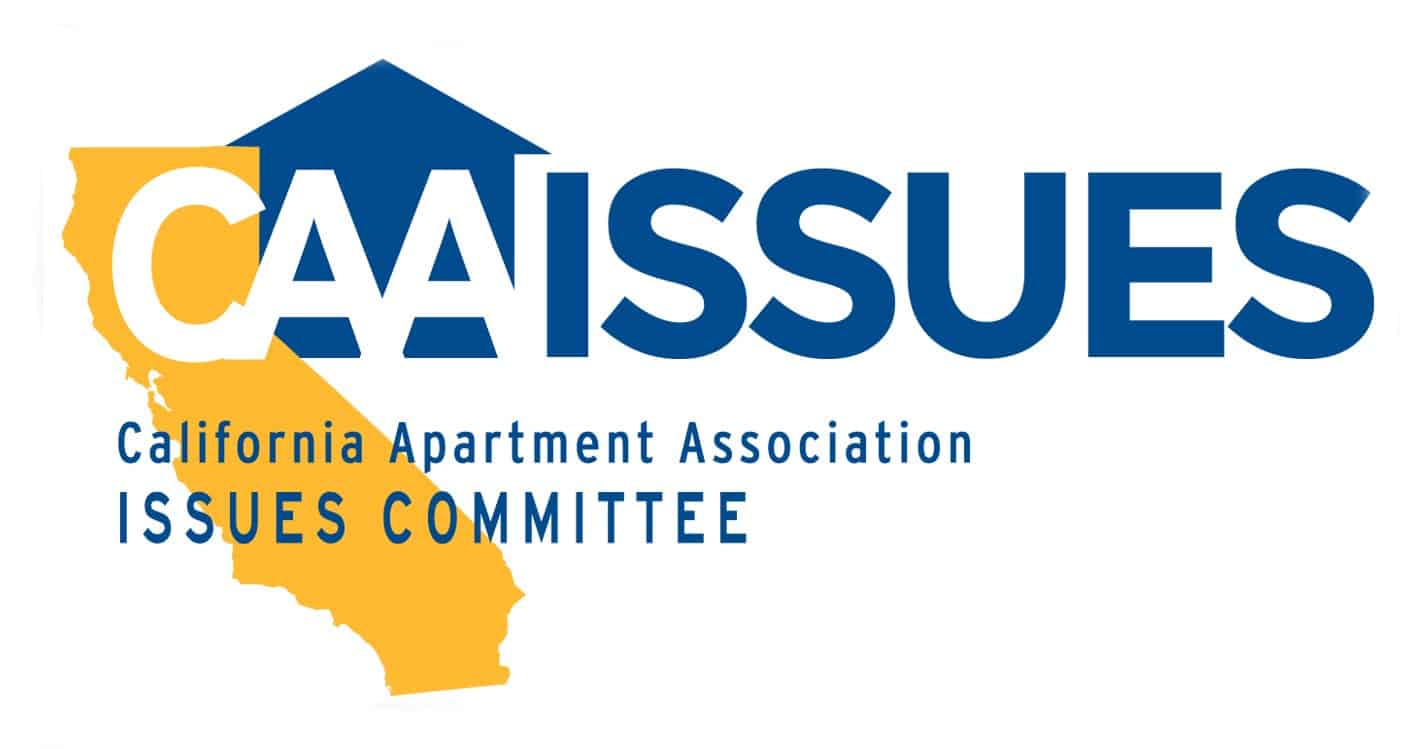A UC Berkeley economist Tuesday released his third in a series of papers on why California should keep the Costa-Hawkins Rental Housing Act.
The new paper, “The Case for Preserving Costa-Hawkins: The Potential Impacts of Rent Control on Single Family Homes,” was authored by Kenneth T. Rosen, chairman of UC Berkeley’s Fisher Center and chairman and founder of Rosen Consulting Group.
If California voters approve Proposition 10 and overturn Costa-Hawkins in the Nov. 6 election, cities and counties will be authorized to impose rent control on single-family homes.
According to Rosen’s latest paper, single-family rent control would decrease property values for homeowners by 10 percent to 15 percent over time and dramatically reduce the supply of housing for the 2.1 million households in California who rent single-family homes.
“Proposition 10 is a threat to anyone in California who lives in or owns a single-family home,” Rosen said in this news release. If Prop. 10 passes and cities expand rent control, “home prices declines would not be limited to those who own rental properties, but would affect all homeowners in the community.”
The report highlights the ways that extending rent control to include single-family homes would be a threat to thousands of small businesses, millions of California homeowners, and the large number of low and moderate income families who rely on renting homes.
In Rosen’s second paper in the series, the professor examined which parties stand to gain most under rent control policies.
“The Case for Preserving Costa-Hawkins: Who Really Benefits from Rent Control?” notes that high-income earners would actually receive the bulk of the benefit from the types of rent control that would be permitted under Proposition 10, while low-income tenants would find it harder to secure affordable housing, says this press release from the No on 10 campaign.
In this report, Rosen points to the lack of means testing in rent control policies.
“… rent control is entirely need-blind, and therefore largely fails to ensure that the benefits of lower rents help those most in need,” Rosen writes in the paper. “Instead, rent control exacerbates the problem of housing scarcity, creates greater competition and, ultimately, makes it harder for households with limited resources to secure affordable housing.”
Rosen’s first paper in the series focused on rent control’s impact on housing scarcity.
“The Case for Preserving Costa-Hawkins: Three Ways Rent Control Reduces the Supply of Rental Housing,” noted that rent control:
- Incentivizes property owners to convert rental units to other uses, such as for-sale housing units or non-residential buildings
- Reduces the effective supply of available rental units through an inefficient allocation of housing
- Limits the creation of new rental supply by discouraging development activity.
Rosen said, “California cities need more rental housing at every price level, but rent control is a major road block to solving the statewide housing shortage.”
More from CAA:
- Newspaper opposition to Prop 10 continues to mount (CAA, Oct. 3)
- Proposition 10 trailing in poll by Public Policy Institute of California (CAA, Sept. 27)
- If Prop 10 passes, activists may circumvent elected officials to impose radical rent control (CAA, Sept. 19)
- Campaign ads released to fight Prop 10, repeal of Costa-Hawkins (CAA, Sept. 12)
- UC Berkeley economist criticizes rent control, Prop 10 in new study (CAA, Sept. 6)
- State and local leaders throughout California take stand against Prop 10 (CAA, Sept. 5)
- Affordable housing groups announce opposition to Costa-Hawkins repeal measure (CAA, Aug. 22)
- CAA warns that Prop 10 would cause exodus from rental market (CAA, Aug. 15)
- Bay Area Council joins opponents to Costa-Hawkins repeal (CAA, Aug. 13)
- Legislative Analyst’s Office: Prop 10 may cause local, state taxes to soar (CAA, July 25)
- Civil Justice Association of California announces opposition to Proposition 10 (CAA, July 25)
- State Building and Construction Trades Council joins CAA, others to fight Costa-Hawkins repeal (CAA, June 30)
- CAA, FPI Management and REALTORS warn lawmakers that repealing Costa-Hawkins would worsen housing crisis (CAA, June 22)
- Measure to repeal Costa-Hawkins qualifies for November ballot (CAA, June 22)

